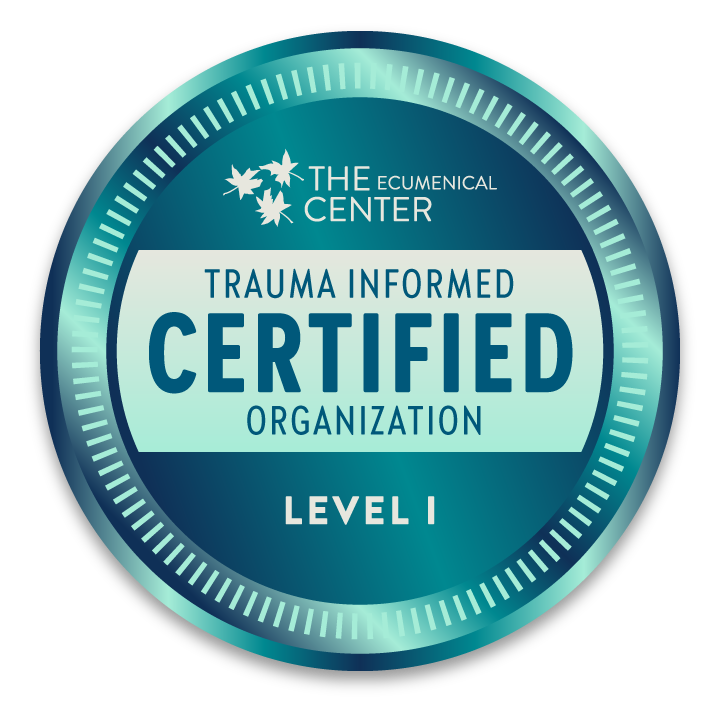Nurturing Discipline: Practical Alternatives to Spanking
In another post, we explored What Does The Bible Say About Spanking? One clear takeaway is that it is important to discipline our kids. So, what is the difference between punishment (like spanking) and discipline? Today, let’s delve deeper into that difference as well as some practical alternatives that promote discipline that maintains connection and guides our kids in the direction they need to go.
Does punishment work?
While the words punishment and discipline are used interchangeably, punishment depends on providing a stimuli connected to the “bad behavior” that is so undesirable or painful that a child doesn’t want to do that behavior again. When parenting a child that has experienced abuse or neglect, this poses two problems.
- Your child has likely already experienced significant pain in their lives. Children who have lived through deep loss both of material things and important connections, are rarely motivated long-term by punishment.
- Punishment often breaks connection and fails to teach the desired behavior, focusing solely on stopping unwanted actions without guiding our child toward positive alternatives.
While spanking and other forms of punishment may momentarily stop undesirable behavior, it falls short of providing lasting solutions and teaching a child alternative responses.
What is different about discipline?
The essence of discipline is teaching, guiding, and training. It moves beyond the goal of behavior modification to understanding our child’s heart, seeing their lagging skills, and providing them with what they need in that moment to grow. It also starts with the humility of understanding that their struggle is our struggle too. When my toddler grabs a toy from his friend, he is struggling with selfishness and lack of self-control. I see that same struggle in my own heart. When my teenager is snarky and unkind, she is giving in to anger and impatience. Again, guilty as charged when I look at my own heart.
So, let's discuss a three-step approach to discipline:
1. Recognize:
- Start by acknowledging the emotions behind the behavior.
- Say, “It looks like you are really ___________ (sad, angry, frustrated).”
- By making your child feel seen, even during challenging behavior, you help them regulate and become aware of their own emotions.
2. Reconnect:
- Calmly talk to your child, reassuring them that you will work through the situation together.
- Use phrases that convey your support, such as “Mommy loves you the same on your best day as on your worst day.”
- Ensure everyone’s safety and remember that discipline doesn’t always have to happen in the heat of the moment. Taking time to calm down can improve your child’s ability to reflect and learn.
3. Redirect:
- Discipline is most effective when you are calm and connected.
- Set boundaries by reminding your child of what is and isn’t allowed.
- Offer choices that align with the boundaries, providing alternatives to their current activity.
- Bonus points for offering alternatives that help regulate them, such as physical activity, a snack, or bonding time.
Ok, but will this work with teenagers?
I’m so glad you asked! Teenagers are a beautiful mess of hormones, emotions, and unlimited potential. While most of us wouldn’t think of spanking our teens, we do often reach for punishment rather than discipline. A fan favorite is grounding or taking away electronics. What if the next time your teenager started being disrespectful or defiant, you stopped and said, “I can see you are angry. I know it may not feel like it, but I am on your side and want to figure this out with you.” Pause, take some deep breaths, and make sure your body language, facial expression, and tone communicate the same thing as your words – I love you and I’m on your side. Then give choices “I won’t let you continue to speak to me disrespectfully. I will give you some space and come back in a bit to see if you feel ready to talk.” When you check back, bring their favorite snack and work to listen for understanding.
It is important to hold limits. Without limits, we become permissive, and our children will fail to grow and develop at best, and at worst, find themselves in harmful patterns and situations. But even if we must hold a boundary, give a no, or provide a higher level of supervision (all which feel like a punishment to a child), we can always hold these limits with empathy.
To learn more about ways to correct with connection and leave spanking and reactive punishments behind, contact Chosen today!













